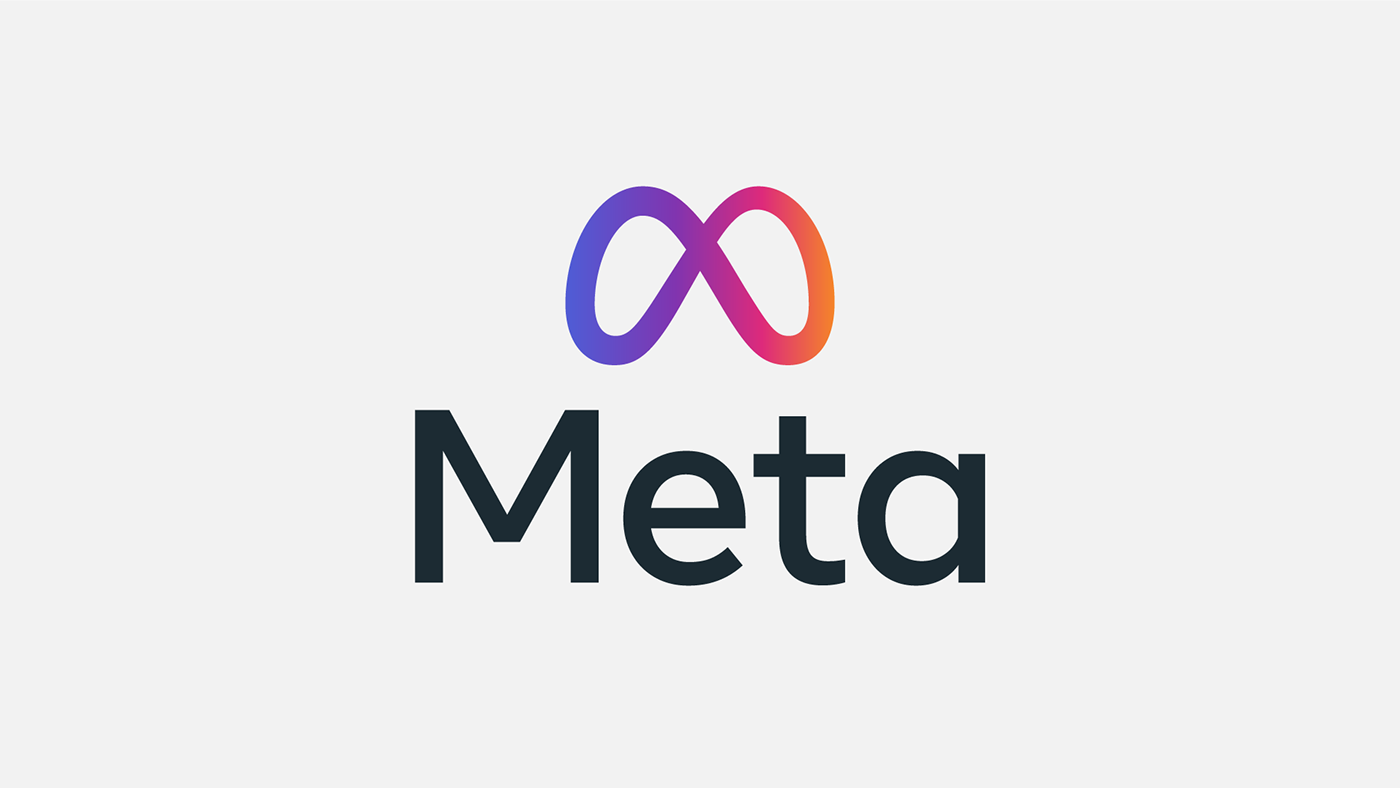A Bold Step Towards Innovation and Collaboration:
In a groundbreaking move, Snapchat has signed a new AI development pact with European Union (EU) regulators aimed at fostering responsible AI innovation and ensuring user safety. This partnership marks a significant milestone in the ongoing dialogue between tech companies and regulatory bodies as they navigate the complex landscape of artificial intelligence. With this agreement, Snapchat aims to enhance its AI capabilities while adhering to the EU’s stringent guidelines. This article explores the key aspects of the pact, its implications for Snapchat and users, and the future of AI development within the EU framework.
Table of Contents
Understanding the Context
The rapid evolution of AI technology has prompted calls for regulatory frameworks that can ensure ethical practices and protect user privacy. The EU has been at the forefront of establishing guidelines to govern AI, focusing on issues such as data protection, transparency, and accountability. Snapchat’s decision to sign this pact reflects its commitment to aligning with these values while advancing its AI initiatives.
- The EU’s AI Act: The European Commission is working on the AI Act, which aims to regulate AI technologies based on their risk levels. This legislative framework seeks to promote innovation while safeguarding fundamental rights and freedoms.
- Tech Industry Scrutiny: As AI technologies become increasingly embedded in social media platforms, concerns have emerged regarding their impact on user behavior, privacy, and mental health. This has led to heightened scrutiny from regulators and advocacy groups.
- Public Trust: The success of tech companies in Europe hinges on public trust. By signing the AI development pact, Snapchat is taking proactive measures to ensure that its AI innovations prioritize user safety and ethical considerations.
Key Features of the Pact
The Snapchat-EU AI development pact encompasses several critical components designed to enhance collaboration and ensure responsible AI deployment:
- Commitment to Transparency: Snapchat has pledged to maintain transparency regarding its AI algorithms and data usage. This commitment aims to build user trust and provide insights into how AI impacts the content users see on the platform.
- Data Privacy and Security: The pact emphasizes the importance of user data privacy. Snapchat will implement stringent measures to safeguard user information and comply with the EU’s General Data Protection Regulation (GDPR).
- Ethical AI Guidelines: Snapchat will adhere to a set of ethical guidelines for AI development, focusing on fairness, accountability, and non-discrimination. This includes regular audits of AI algorithms to identify and mitigate biases.
- User Empowerment: The agreement promotes user empowerment by providing tools and resources that allow users to control their data and AI interactions. Snapchat aims to give users greater agency over their experiences on the platform.
- Collaborative Research Initiatives: The pact encourages collaborative research efforts between Snapchat, EU institutions, and academic partners. This collaboration aims to advance AI technologies while ensuring they align with societal values and ethical standards.
- Feedback Mechanism: Snapchat will establish a feedback mechanism to gather user insights and concerns regarding AI features. This iterative approach will help the company refine its AI applications based on real user experiences.
Implications for Snapchat and Its Users
The Snapchat-EU AI development pact carries significant implications for both the platform and its users:
- Enhanced User Experience: By prioritizing ethical AI practices, Snapchat can enhance the overall user experience. Improved algorithms can lead to more relevant content, personalized interactions, and a safer online environment.
- Competitive Advantage: The commitment to transparency and ethical guidelines may provide Snapchat with a competitive advantage in the crowded social media landscape. Users are increasingly drawn to platforms that prioritize their safety and privacy.
- Regulatory Compliance: Signing the pact positions Snapchat as a proactive player in the regulatory landscape. By aligning with the EU’s guidelines, the company can avoid potential legal issues and fines associated with non-compliance.
- Public Perception: The pact is likely to improve public perception of Snapchat as a responsible tech company. This could lead to increased user engagement and loyalty, as users feel more secure while using the platform.
- Innovation Opportunities: Collaborative research initiatives with EU institutions could foster innovative AI solutions. By leveraging academic expertise and insights, Snapchat can explore new applications for AI that enhance user engagement and creativity.
- Global Impact: As the EU’s regulations influence global standards, Snapchat’s commitment to responsible AI development may inspire other tech companies to follow suit. This could lead to a broader shift in the industry towards more ethical practices.
Future of AI Development in the EU
The Snapchat-EU AI development pact is part of a larger trend toward responsible AI development in Europe. Several key factors will shape the future of AI within the EU:
- Legislative Frameworks: As the AI Act takes shape, tech companies will need to adapt their practices to comply with evolving regulations. This could lead to increased accountability and transparency in AI development.
- Focus on User Rights: The EU’s emphasis on user rights will continue to guide AI development. Companies will need to prioritize user consent, data protection, and ethical considerations in their AI strategies.
- Collaboration and Innovation: Collaborative efforts between tech companies, regulators, and academic institutions will drive innovation in AI. This collaborative approach can help ensure that AI technologies align with societal values and needs.
- Public Awareness and Education: As AI becomes more integrated into daily life, public awareness and education about AI technologies will be crucial. Initiatives that promote understanding of AI’s benefits and risks can empower users to make informed choices.
- Global Standards: The EU’s regulatory approach may influence global standards for AI development. Other regions may look to the EU as a model for balancing innovation with ethical considerations, leading to a more standardized global landscape.
Conclusion
Snapchat’s decision to sign the EU AI development pact represents a significant commitment to responsible AI innovation and user safety. By prioritizing transparency, data privacy, and ethical guidelines, Snapchat aims to enhance user experience while navigating the complex regulatory landscape of AI technology.
As the tech industry continues to evolve, the collaboration between Snapchat and EU regulators sets a precedent for other companies to follow. This partnership not only fosters innovation but also promotes a digital environment where user trust and safety are paramount.
The implications of this pact extend beyond Snapchat and the EU, potentially influencing global standards for AI development. As we move towards a future increasingly shaped by AI technologies, the importance of responsible practices and ethical considerations will become more critical than ever. With Snapchat leading the charge, the path to a more trustworthy and user-centric digital landscape appears promising.



